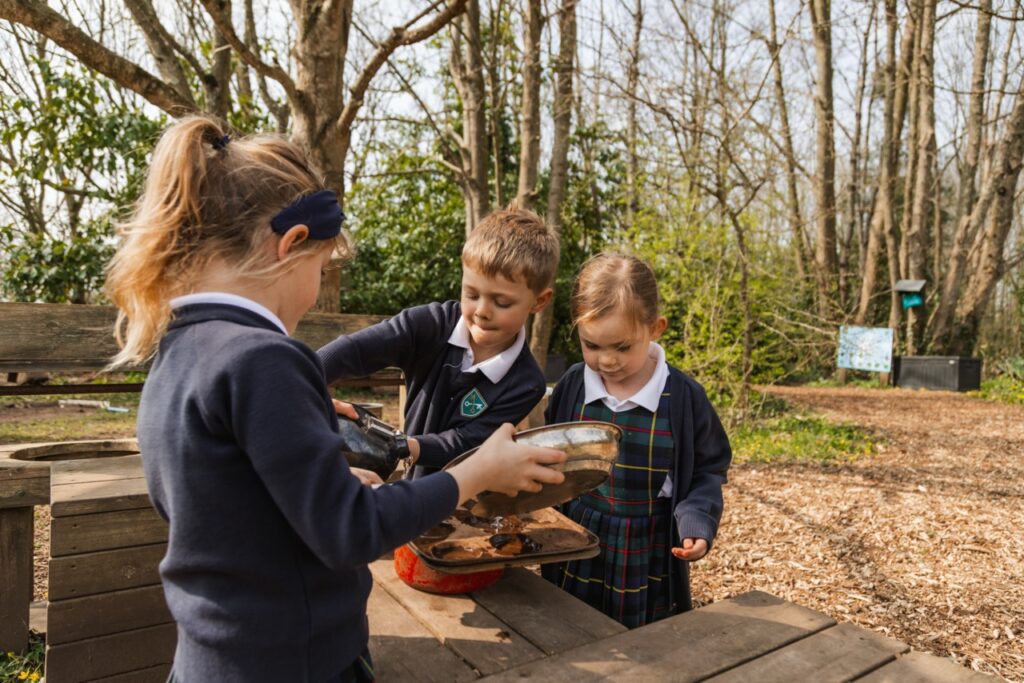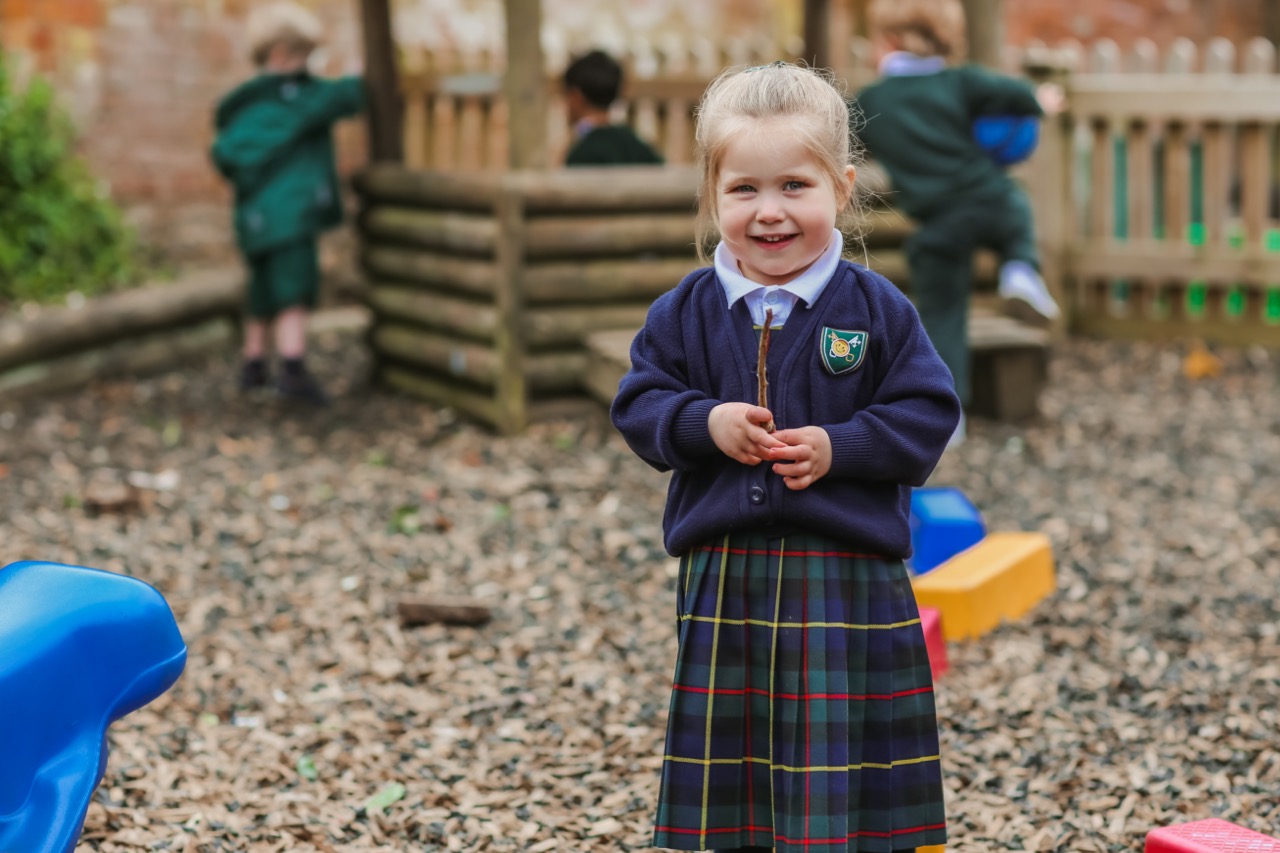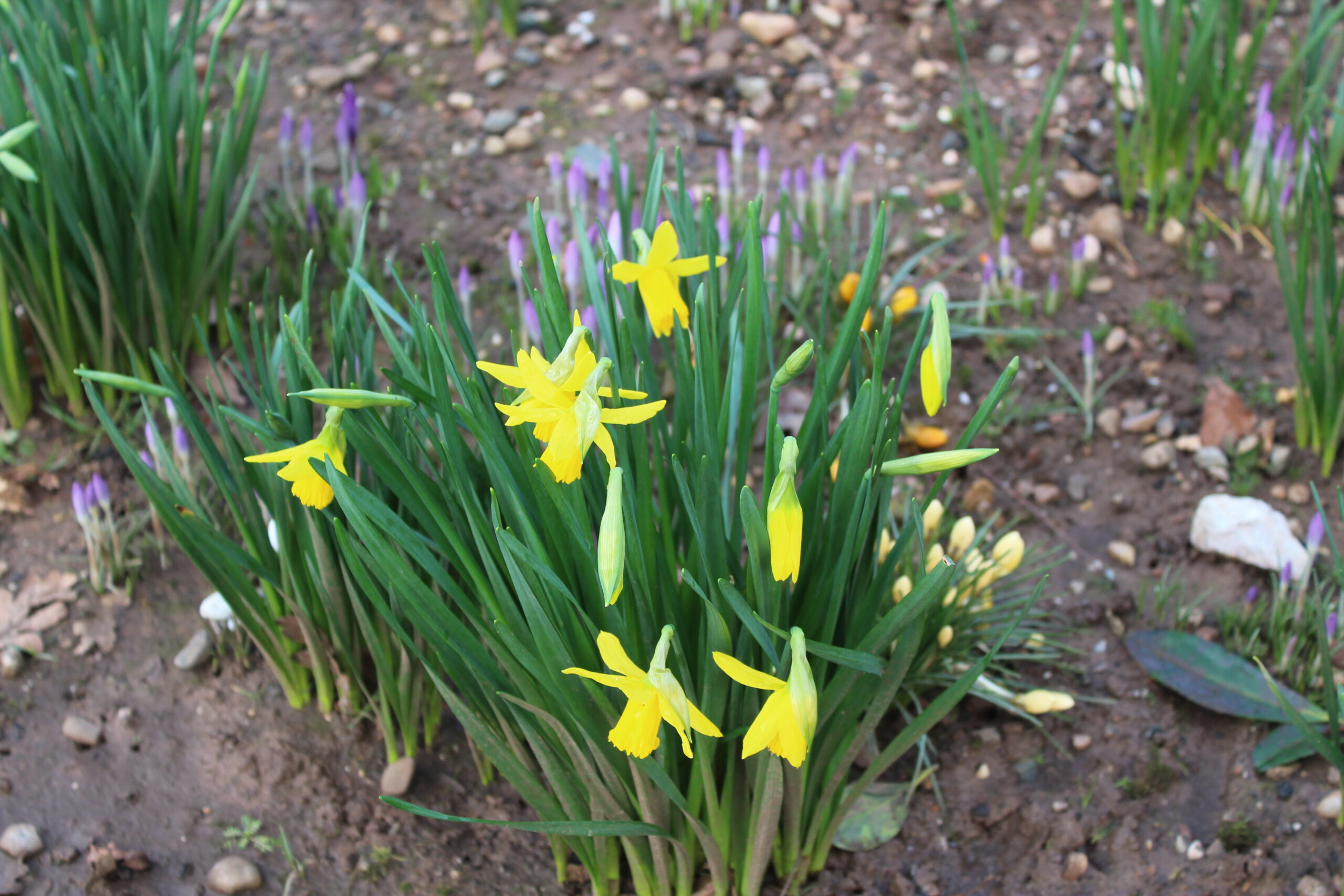When nights start drawing in and temperatures get stuck in the single figures, it can be tempting to lock the doors, get the heating on and enjoy cosy nights in front of the TV. However, winter can be a special time to discover a different side of the outdoors, and all the unique benefits the cold weather can bring!
At our prep school in Devon, we make sure our pupils make the most of our outdoor spaces year-round, but continuing that approach at home is just as important. To help inspire your family to be more active and outgoing this winter, here are some of the benefits you and your children could enjoy, along with some handy tips to help get little ones off their screens and outside.
Physical Exercise
As with any kind of outdoor activity, spending time outside in the winter is a fantastic way to get some exercise while also having fun.
Keeping active is a key part of a child’s physical development: just because it’s getting cold doesn’t mean their bodies stop growing! Even simple winter activities like a stroll through the park or snowball fights and sledging, if we’re lucky enough to get snow, can help ensure their muscles and bones get the development support they need to grow strong and healthy.
Improved Mental Wellbeing
Everyone is now much more aware of the importance of time outdoors for mental health, and this becomes even more important during the winter months.
Many people struggle with Seasonal Affective Disorder or the winter blues: a persistent lower mood driven by the reduced hours of sunlight during winter. Part of this is our physical need for sunlight to help with functions such as our body clock and better sleep. While the sun might not feel as close during the winter, even spending time outside on a cloudy winter day can help your body get what it needs.
While being cosy indoors in winter is nice, it can also become frustrating when we feel trapped inside the same four walls day after day. Add to that things like homework, and, understandably, children can build up stress.
By making an effort to get wrapped up warm and head outside, children have an opportunity to blow off some steam, helping their bodies and minds to regulate stress and rebalance their emotions.
Stronger Immune System
Spending time surrounded by nature at any time of year is crucial for children to build strong immune systems. Reports suggest that activities like forest schools are great for exposing children to different kinds of natural microbes in a safe way, helping to build their natural resilience to other bacteria.
The effects of time outside on the immune system can become multiplied during the winter months, when the body has to work harder, while the crisp, cold air can also help to eliminate potentially harmful bacteria that enjoy the warmth of a winter home.

More Creativity & Resilience
It’s obvious why most people don’t enjoy going outside during the winter months; it’s cold, dark, gloomy, and there’s usually not as much to do. However, pushing through the initial discomfort of being outdoors can teach important lessons about making the most of any situation.
Exploring the natural world during winter can help children discover a new side to their favourite places. Whether it’s creating characters from twigs or finding an icy puddle, all these new experiences can unlock your child’s creativity and encourage them to find new kinds of play.
If children can learn to make the most of their situation and have fun even when it’s cold and windy and there’s not as much to do, then they’ll feel much more equipped to face future difficulties at home, school or anywhere else.
Improved Social Skills
More of our world is online than ever before. While this is great in many ways, it can also present challenges, particularly for developing children.
As more time is spent in front of screens during winter, chances for children to socialise outside of school can become limited, restricting opportunities to develop important social skills. By doing more outdoor activities such as going to parks or sports clubs, children have more opportunities to socialise face-to-face, developing those crucial skills that will help them as they grow.
Tips for Getting Children Outside During the Winter
With so much easy entertainment available in the comfort of our homes, it’s not always straightforward to get children to take that first step into the icy winds of winter. Here are a few small tips that can help them get their coats and gloves on:
- Be a role model – children follow subtle cues from their guardians, so if you want them to take an interest in being outside all year, you need to show that same interest yourself.
- Have fun ideas – inspire little ones with the promise of fun and adventure, whether it’s stopping at the park on the way to the shops or devising a scavenger hunt for a weekend adventure.
- Buy good winter clothes – make sure children are warm and comfortable with multiple thin layers.
It’s important that you’re always prepared for winter adventures. Make sure everyone is keeping warm as you spend more time outside, and make sure you pack food and water to keep little bodies fuelled. However, with the right preparation and a positive attitude, the winter months promise a treasure trove of outdoor discoveries for the whole family!








